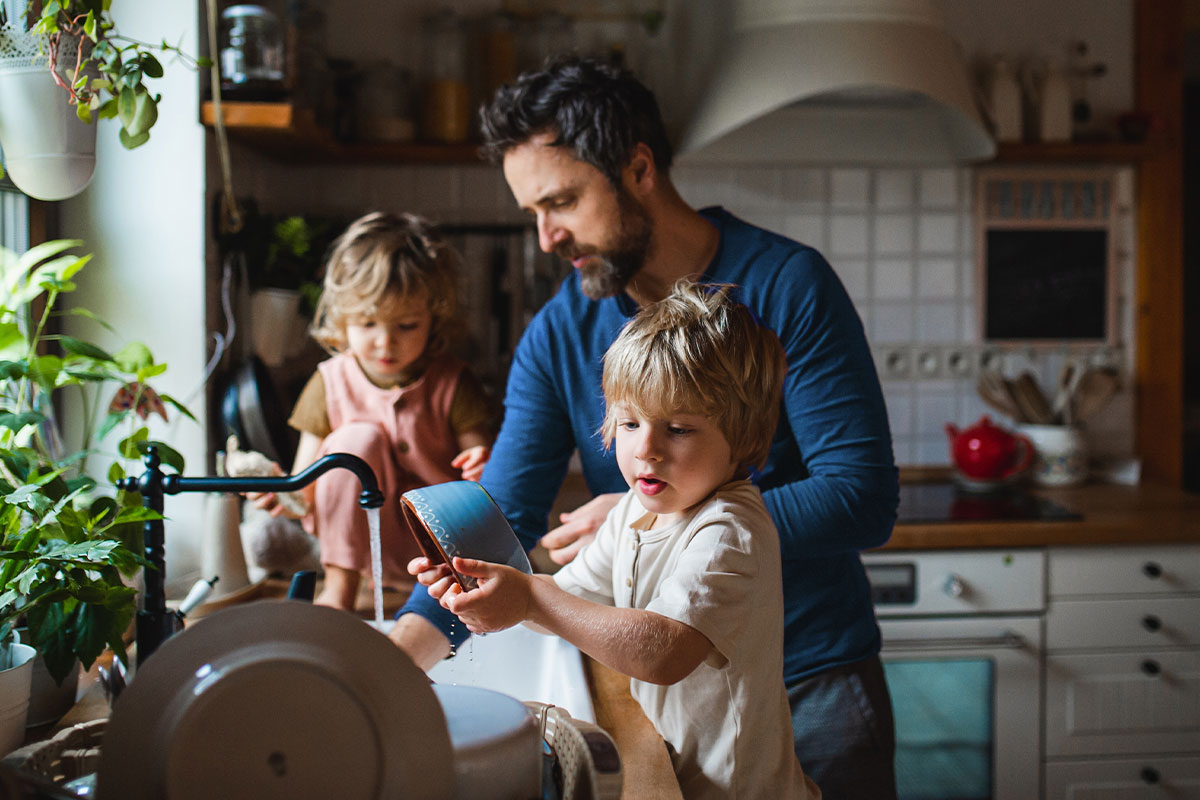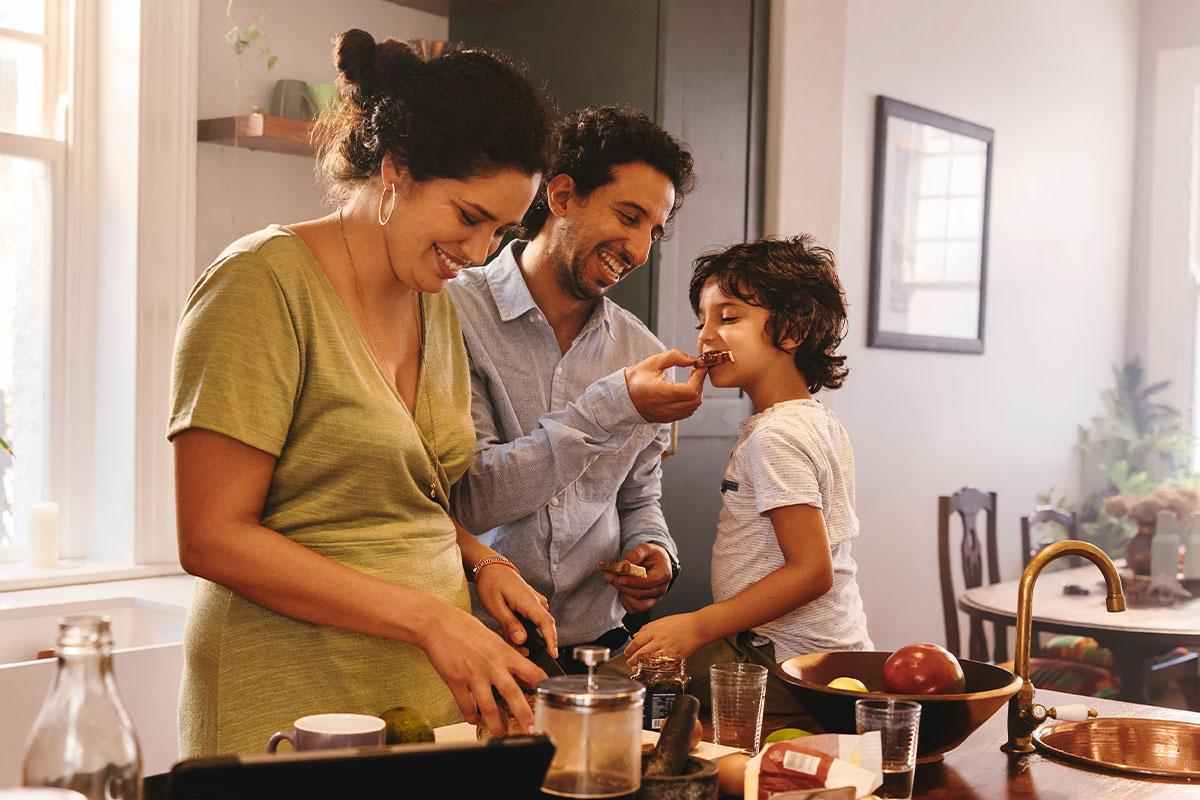The ASPCA‡ estimates there are 6.3 million pets in shelters annually in the United States. Many pets need a safe and loving home, but if you are considering adopting a cat or dog—or other animal—there are some financial expenses to plan for.
There is something special about the unconditional love families get from their pets. Adding a new member to the family means new expenses for your budget. According to Money under 30‡, the annual cost for a dog can range from $1,210 to $4,130 and the annual cost for a cat can range from $388 to $2,010. These costs can cover a wide variety of pet needs.
Vet expenses
Adopting a pet also means taking care of a pet, so you will need to ensure your furry friend is healthy, which means paying for the services of a veterinarian.
When you spay or neuter your dog or cat it can cost anywhere from $20 to $500. Some adoption centers provide these services for free. If you’ve already adopted your pet, it is important to find a vet you trust and if you are adopting soon, be sure to ask what vaccinations and tests are included in the adoption fee.
Outside of these expenses, there may be additional emergency trips to the vet if your pet swallows something they shouldn’t have and becomes sick. Be prepared with some savings set aside to cover these unexpected medical costs.
Consider pet insurance
Many companies offer pet insurance to help cover some of your pet’s medical expenses. However, the monthly cost for the insurance needs to be built into your budget.
It’s important to enroll your pet in insurance as soon as possible after you adopt because no insurance provider will cover pre-existing conditions. Check with your benefits department to see what policies are available.
Investing in insurance coverage for your four-legged friend will help alleviate some of the costs associated with owning an animal. It also provides peace of mind knowing you won’t have to worry about gathering funds or delaying care for your pet when the unexpected happens.
Pet food costs
When you bring home a pet, you’ll obviously need to set aside a budget for food. Depending on the breed and appetite of the animal, the cost can vary. Money Under 30 indicated the average annual cost of food for a dog can range from $120 – $900 and for a cat can range from $120 – $500. However, special dietary needs and preferences may alter the actual pricing.
Also, you should note this does not include the cost of treats. Depending on the personality of your puppy or kitten, they may or may not enjoy a special treat every now and then. Treats are helpful when used as a reward during training, which is especially important for young animals.
The amount of money you are willing to spend on a pet should influence the type of animal you decide to invest in – if at all.
Pet training
While cats do not necessarily need training, dogs definitely do. Even if you adopt an adult dog, you may need to train him or her.
Training classes can be pricey, and even if you decide a puppy class isn’t your style, you’ll need to dedicate time to the process. In addition, there is a high likelihood that your puppy-in-training will cause some damage to your home or possessions that can really add up, such as scratched walls or furniture, chewed up crown molding or a dug-up landscape.
Toys and scratching posts
Depending on the personality and playfulness of your dog or cat, you’ll also want to invest in entertaining toys. From scratch posts to dog bones, you’ll want to have some money for those extra fun items for your pet’s enjoyment.
When pets become bored, they are more likely to turn your personal belongings into their own toys, so investing in those items now is always a good idea.
Other miscellaneous costs for adopting a pet
Pets have additional needs you will need to account for, from beds to carrying crates and litter boxes. Consider heading to your local adoption center and pet supply store to add up the cost of everything you need to invest in for your new addition. This can help you gain a better understanding of the financial commitment necessary for a pet.
Whether you already added a pet to your family or are thinking of adopting soon, it is important to budget for the expenses to be fully prepared for this new member of your family.
UMB personal banking solutions offer convenience and simplicity to meet all your financial needs. From home loans to auto financing and everything in between, see how UMB personal banking can work with you to find the right products for your life and lifestyle.
Boost your financial know-how and sign up for our personal banking newsletter. We’ll send informative articles right to your inbox.
When you click links marked with the “‡” symbol, you will leave UMB’s website and go to websites that are not controlled by or affiliated with UMB. We have provided these links for your convenience. However, we do not endorse or guarantee any products or services you may view on other sites. Other websites may not follow the same privacy policies and security procedures that UMB does, so please review their policies and procedures carefully.





